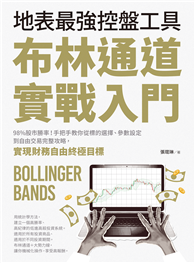Dedicated to our ’Clients’, who may choose, at times, to be our ’Customers’
As you dip into ’SERVE!’ you might notice we have used the word ’client’ sprinkled throughout this publication on Idea-rich strategies for enhanced customer service; in some cases, using both ’client/customer’. This is a deliberate choice in our vocabulary and a foundational change in mindset we feel necessary to help you enhance your chances of attracting and retaining customers who will become your biggest fans and champions (ie, clients).
Business success is built on establishing mutually profitable relationships; relationships where you make the customer (client) feel special.
Their secret is in how they ’visualize’ and more effectively approach everyone, which results in higher levels of success with their prospective clients.
- They ’see’ clients vs. customers walk into their locations and act accordingly.
- They ’see’ clients when they pick up the phone or walk into an office or boardroom.
- They ’see’ clients when there is a concern or something that needs to be fixed or replaced. They act with a long-term view.
- They ’see’ clients who gladly become raving fans and champions for them.
Take a moment and reflect on the underlying ’differences’ in the meanings of these two words. The way a person who does business with you can be approached and treated will directly impact your results. In the past, you may have referred to them as customers. Please think of them as long-term clients!
When you ’Make ME Feel Special!’ you enhance your chances of converting ’me’ from a one-time customer to a long-term raving client and champion.
Client vs. Customer: Aren’t they really the same thing?
Webster’s defines these seemingly interchangeable words
- Customer: one that purchases a ’commodity’ or service
- Client: one that is ’under-the-protection’ of another; a person who engages the professional advice or services of another
Ever wondered why the top performing business owners and sales superstars sell so much better and make so much more money than their counterparts? Plus, they seem to do it much easier, too.












